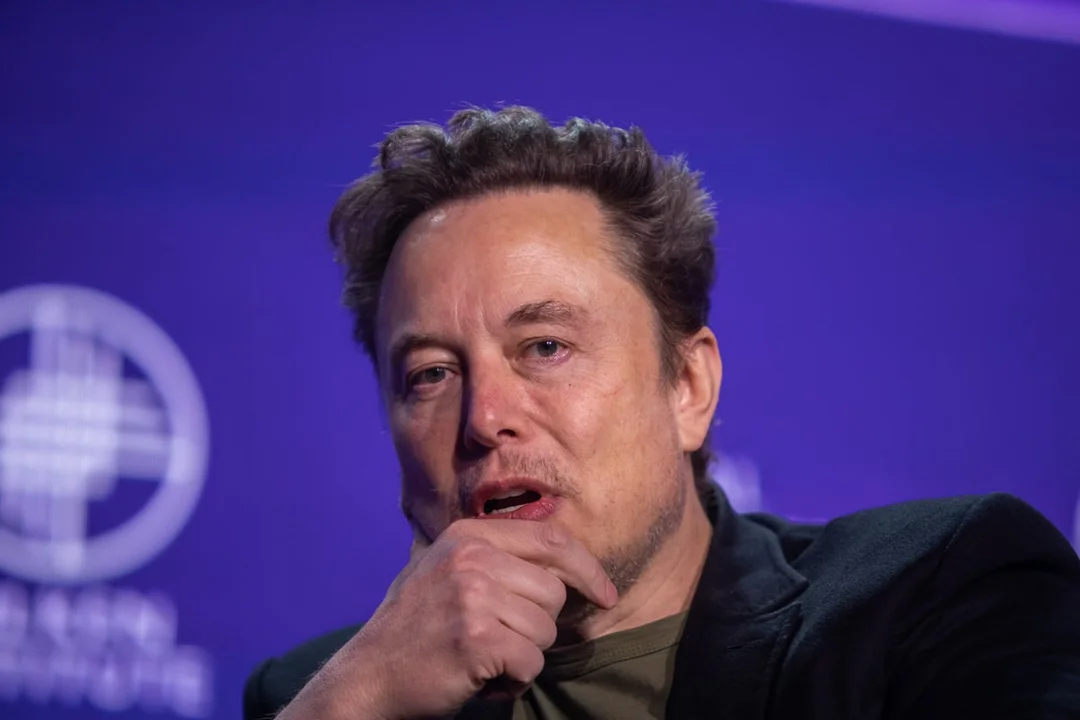
Elon Musk’s Feud With Peter Navarro Exposes Inner Turmoil Over Trump’s Trade Policies
The simmering dispute between two of President Donald Trump’s closest advisors—Tesla CEO Elon Musk and White House trade czar Peter Navarro—has exploded into public view, underscoring deep divisions within the administration on the controversial new tariffs rocking global markets. At a critical moment for both U.S. trade policy and the high-stakes electric vehicle industry, the high-profile clash between Musk and Navarro reveals not only the power struggle at the top, but also the significant real-world repercussions for American business and consumers.

The feud escalated after Navarro dismissed Musk as "not a car manufacturer, he’s a car assembler," referencing Tesla’s global supply chain in an interview with CNBC. This slight quickly drew Musk’s public ire. In a flurry of posts on X, Musk called Navarro a "moron" and “dumber than a sack of bricks,” later adding a sardonic apology—to bricks. Musk contended that Tesla vehicles are, in fact, the most American-made, directly countering Navarro’s accusations. The pointed barbs marked one of the most visible splits among Trump’s top economic advisors since the president took office.
Despite the headlines, Navarro attempted to downplay the feud. On NBC’s “Meet the Press,” he laughed off the Twitter war, saying, “Everything's fine with Elon. I've been called worse.” Yet, beneath this public facade, the disagreements remain substantive. Musk’s opposition isn’t just personal: he’s a vocal critic of the sweeping tariffs that Trump, with Navarro’s driving influence, rolled out at the start of April—measures that have rattled financial markets and caused Tesla’s shares to dive 22% over four consecutive trading sessions.
The stakes are high. According to the Bloomberg Billionaires Index, Musk’s personal losses since the tariff announcement top $31 billion. Tesla itself faces mounting challenges: foreign steel and electronics parts—critical to its supply chain—are now subject to higher costs, just as Tesla reported a stark 13% decline in first-quarter deliveries. Kimbal Musk, Elon’s brother and a Tesla board member, echoed the frustration, labeling the tariffs "a permanent tax on the American consumer." Meanwhile, global market volatility and uncertainty about U.S.-European trade threaten to reverberate far beyond the c-suite drama.
White House press secretary Karoline Leavitt dismissed the conflict as a matter of differing opinions, remarking, “Boys will be boys.” Yet, that belies the wider turmoil: Musk, who has invested heavily both financially and operationally in the U.S., stands by a vision of expanded free trade, even advocating for a “zero tariff situation” between Europe and North America. This view is at odds with Trump’s America-first approach, but Musk’s position is not without merit—Tesla’s Berlin factory, American job creation, and European partnerships exemplify his international business strategy.
Trump himself has so far avoided direct comment on the clash. For now, negotiations over the tariffs have hit an uneasy pause: 10% duties remain in place while the administration seeks new deals, leaving American automakers—and consumers—in limbo. As Navarro said on Sunday, “We’ve got 90 deals in 90 days possibly pending here, and it was par for the course. Actually, it was a birdie for President Trump.” But with so much on the line for American industry, and with egos at the table, the outcome remains uncertain.
This escalating drama raises vital questions: Can Trump’s team bridge its internal divides to negotiate a deal that supports American innovators while protecting jobs at home? How will the ongoing tariff war shape the future of the U.S. auto sector? Share your thoughts and let us know who you think has the right vision for America’s economy.
Related issues news
Where is Musk now?
Elon Reeve Musk (/u02c8iu02d0lu0252n/ EE-lon; born June 28, 1971) is a businessman known for his leadership of Tesla, SpaceX, and X (formerly Twitter).
Who advises Trump on tariffs?
Shortly after the 2024 election, Stephen Miran, now chairman of the Council of Economic Advisers under Trump, released a white paper titled 'A User's Guide to Restructuring the Global Trading System,' which proposed using tariffs as a tool to drive down the value of the dollar through a negotiated 'Mar-a-Lago Accord'.